UK weather: thousands still without water in England and Wales
Rising temperatures have caused pipes to burst and leak
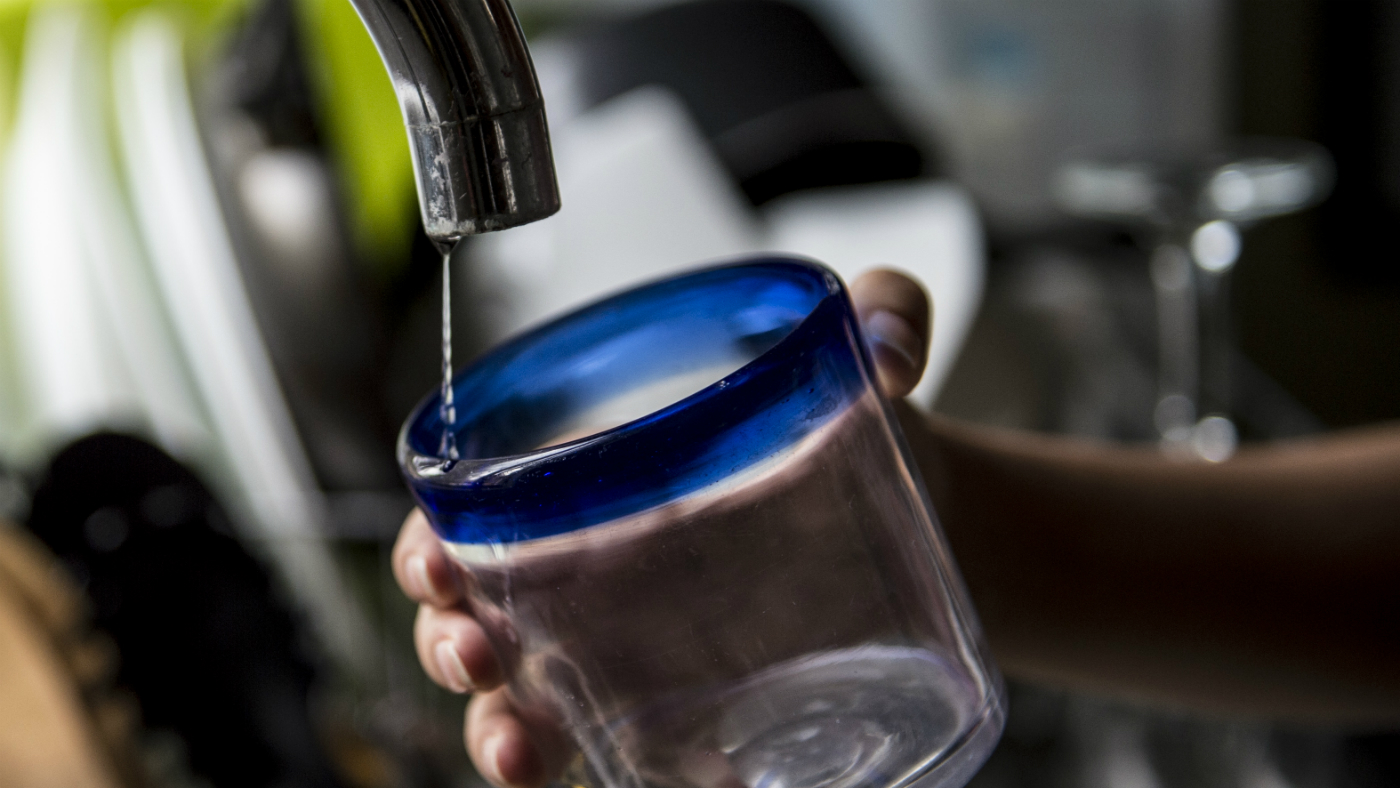
A free daily email with the biggest news stories of the day – and the best features from TheWeek.com
You are now subscribed
Your newsletter sign-up was successful
Thousands of properties across the UK are still without water after a rapid thaw caused pipes to burst.
The water supply problems, triggered by last week’s extreme weather, have led to school closures and emergency water distribution in parts of London.
About 5,000 homes are without water in Kent, thousands of properties are affected in Wales, and a further 12,000 homes in the capital lost water overnight, the BBC reports.
The Week
Escape your echo chamber. Get the facts behind the news, plus analysis from multiple perspectives.

Sign up for The Week's Free Newsletters
From our morning news briefing to a weekly Good News Newsletter, get the best of The Week delivered directly to your inbox.
From our morning news briefing to a weekly Good News Newsletter, get the best of The Week delivered directly to your inbox.
Water companies have urged customers who do have water to use as little as possible until the issues are resolved.
“We are putting as much extra water as we can into our local networks and fixing leaks and bursts as quickly as possible,” said Thames Water, South East Water, Southern Water and Affinity Water in a joint statement.
“We sincerely apologise to all those who are currently without water or experiencing low pressure.”
Thames Water has faced criticism after a total of up to 20,000 properties in London and the Thames Valley had their supplies cut off over the weekend, The Guardian says.
A free daily email with the biggest news stories of the day – and the best features from TheWeek.com
Disgruntled customers took to Twitter to complain about the lack of information, after some homes were left without water for more than 48 hours.
Others have rallied to help their neighbours, offering to collect water for elderly or disabled people.
Meanwhile, the RAF has been called in to deliver emergency supplies to parts of Cumbria that have been cut off by the extreme weather.
Helicopters will drop food, coal, logs and electrical heating appliances to isolated areas where some people have been snowed in for five days, Sky News reports.
-
 6 of the world’s most accessible destinations
6 of the world’s most accessible destinationsThe Week Recommends Experience all of Berlin, Singapore and Sydney
-
 How the FCC’s ‘equal time’ rule works
How the FCC’s ‘equal time’ rule worksIn the Spotlight The law is at the heart of the Colbert-CBS conflict
-
 What is the endgame in the DHS shutdown?
What is the endgame in the DHS shutdown?Today’s Big Question Democrats want to rein in ICE’s immigration crackdown
-
 Can the UK take any more rain?
Can the UK take any more rain?Today’s Big Question An Atlantic jet stream is ‘stuck’ over British skies, leading to ‘biblical’ downpours and more than 40 consecutive days of rain in some areas
-
 When does autumn begin?
When does autumn begin?The Explainer The UK is experiencing a 'false autumn', as climate change shifts seasonal weather patterns
-
 Why the weather keeps getting 'stuck'
Why the weather keeps getting 'stuck'In the Spotlight Record hot and dry spring caused by 'blocked' area of high pressure above the UK
-
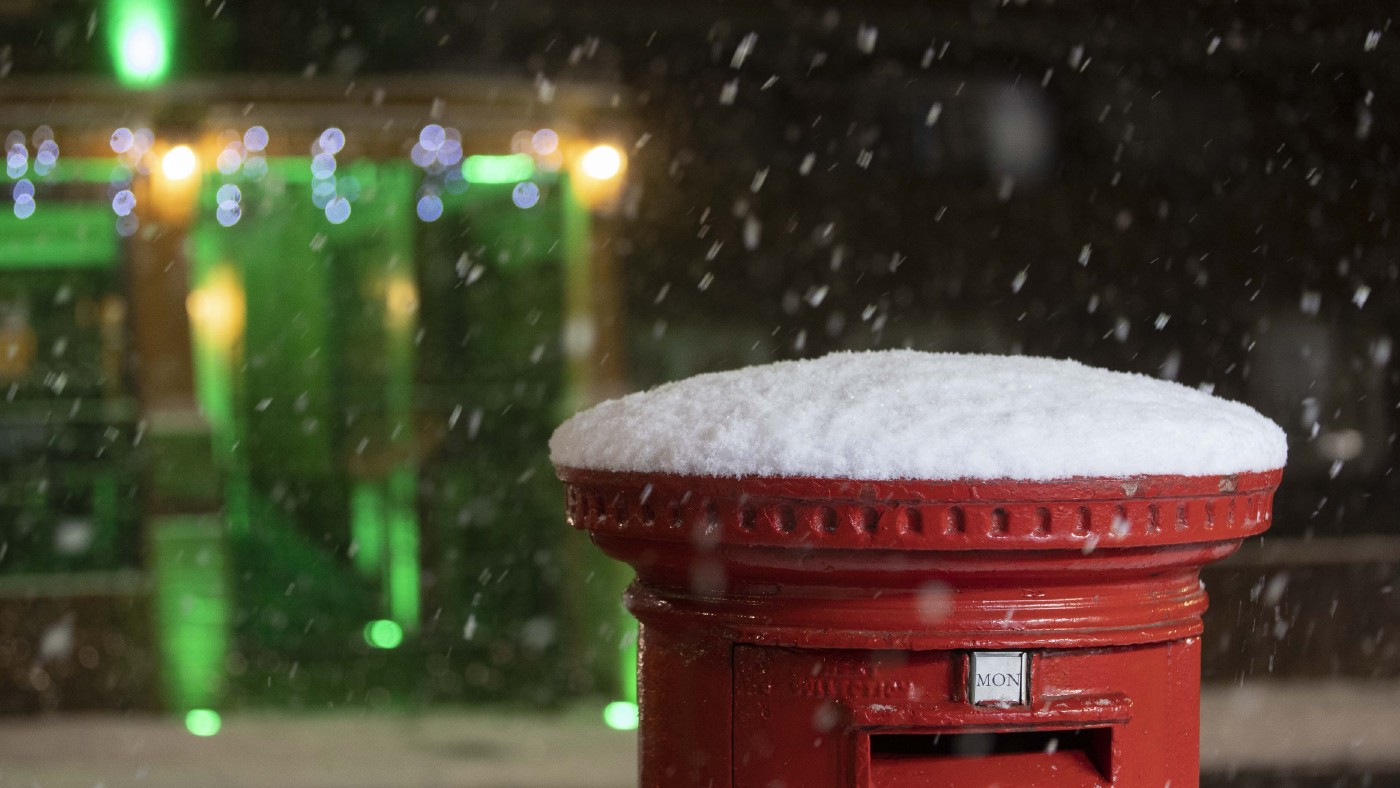 How cold does it have to be to snow?
How cold does it have to be to snow?feature Different ground and air temperatures lead to rain, sleet or snow
-
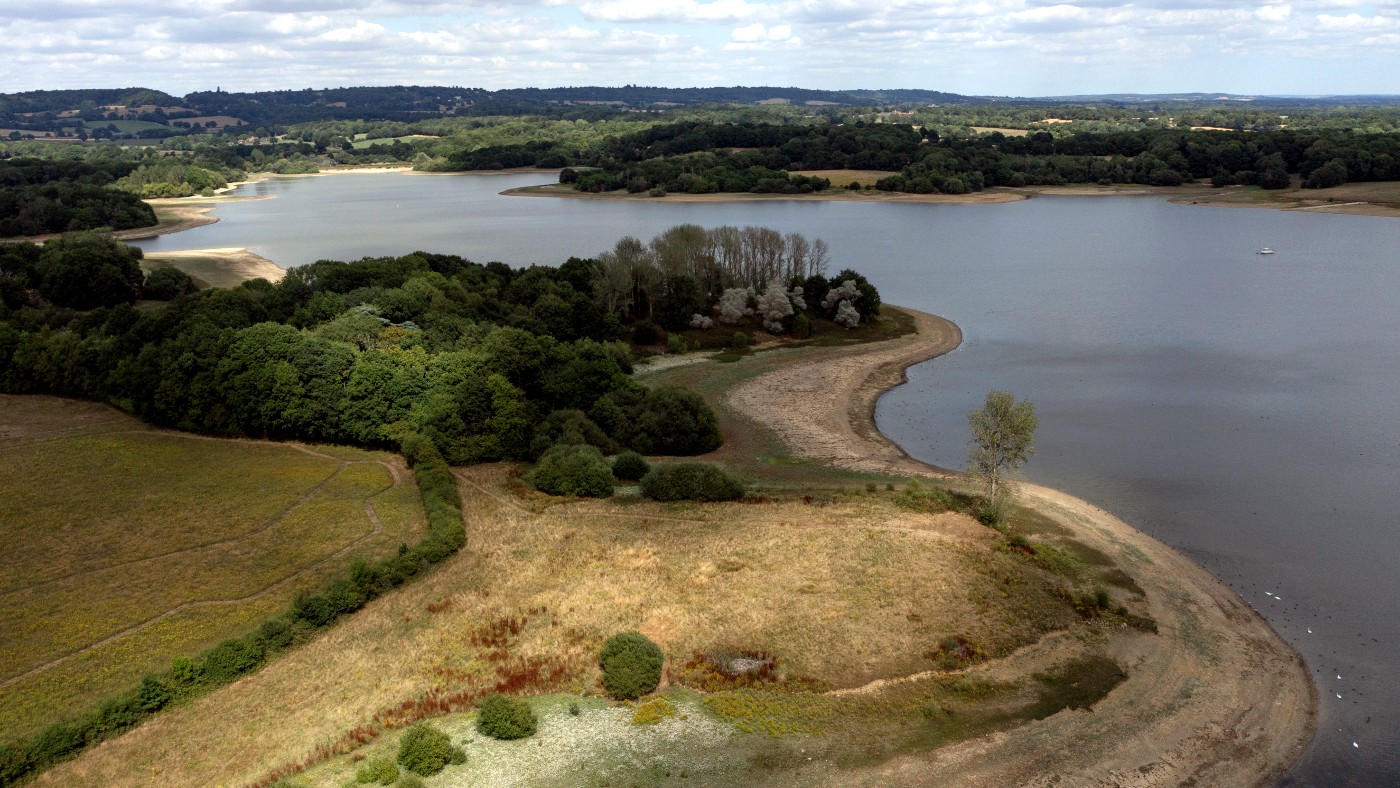 Britain is getting wetter – so why are there hosepipe bans?
Britain is getting wetter – so why are there hosepipe bans?Under the Radar Met Office data shows we have enough water, the problems lie in timing
-
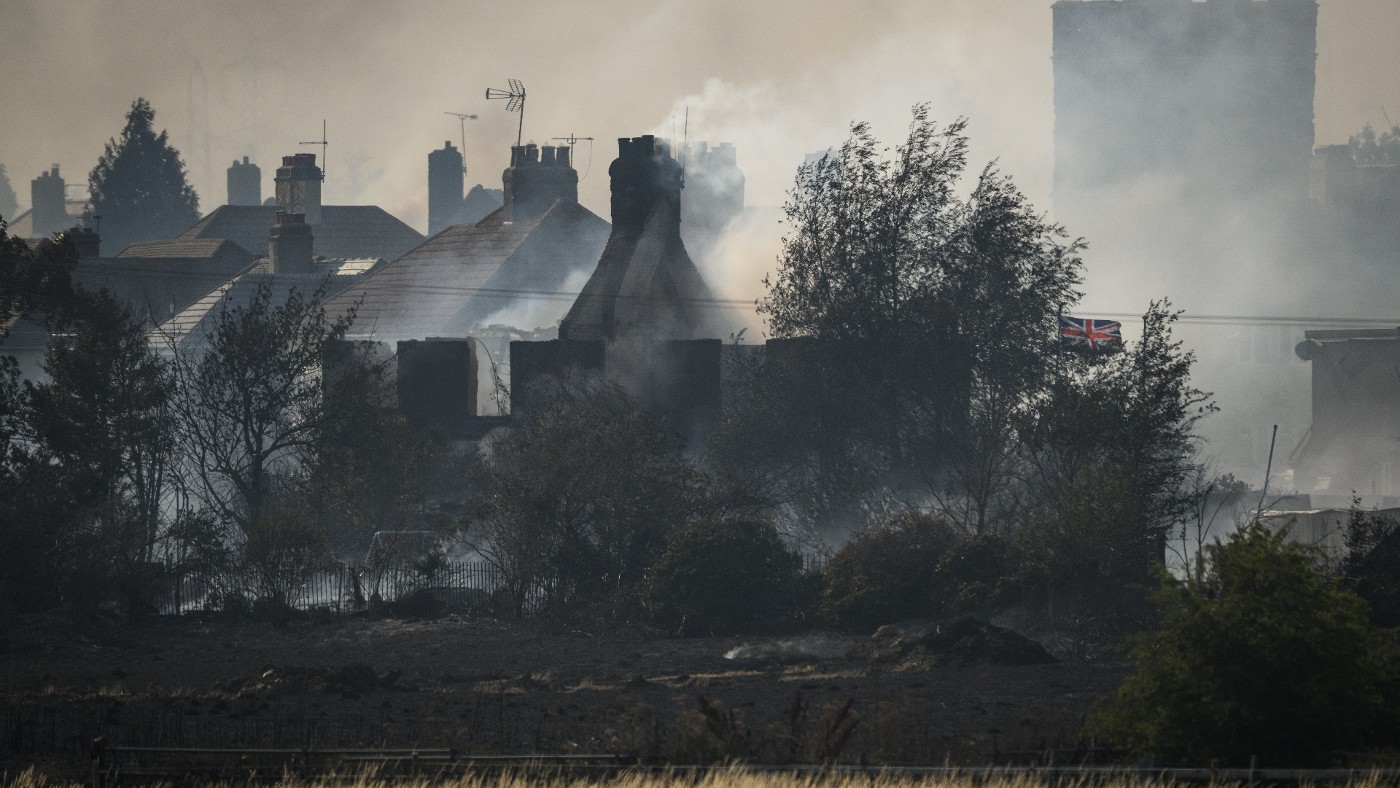 When will the next record-breaking heatwave hit Britain?
When will the next record-breaking heatwave hit Britain?Today's Big Question Expert warns that yesterday’s high temperatures are ‘just the beginning’
-
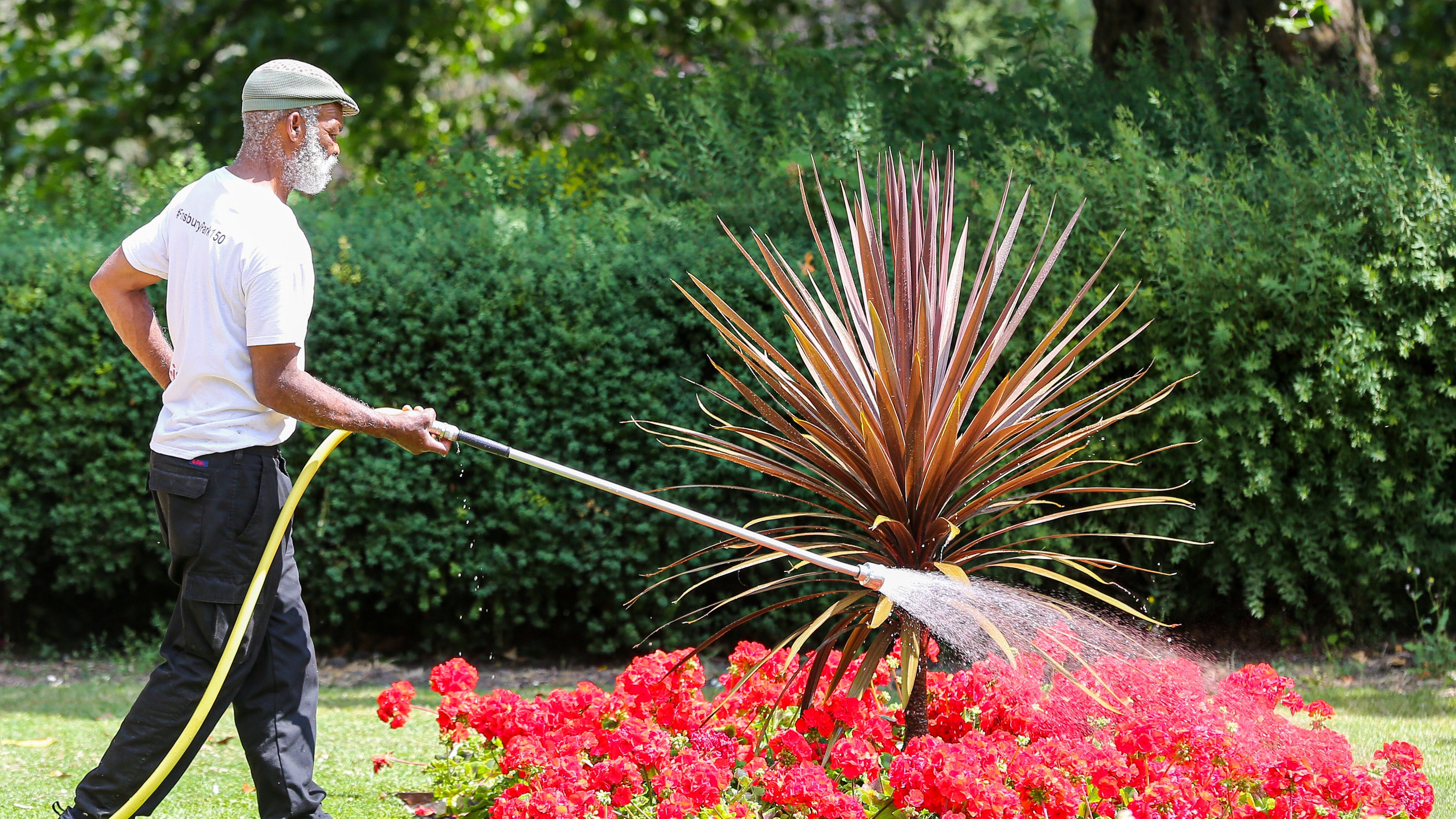 Is the UK facing a water shortage?
Is the UK facing a water shortage?Today's Big Question Restrictions may be introduced later in the summer if there is below-average rainfall
-
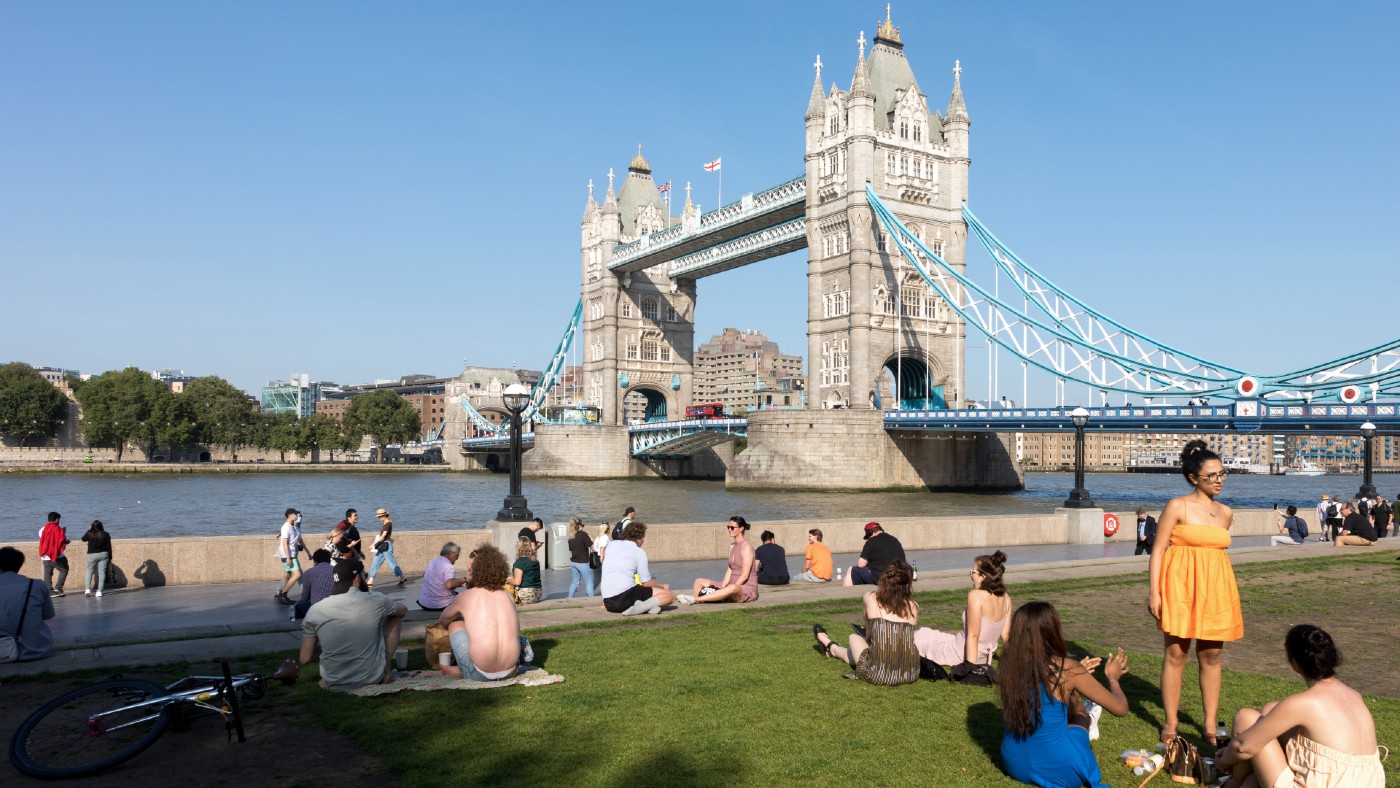 Why do heatwaves in the UK feel hotter than abroad?
Why do heatwaves in the UK feel hotter than abroad?In the Spotlight While the heat can be welcome when you’re on holiday, it can feel unbearable at home